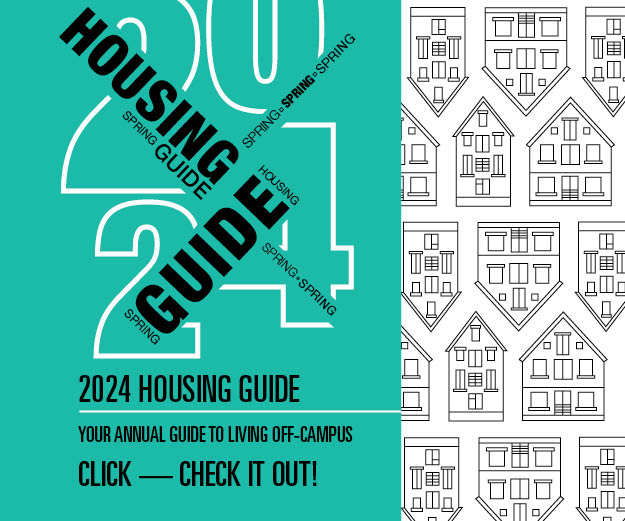To use a quote from a tremendous friend from my days of living in England, “A society can best be judged by how it chooses to treat its lowest members.”
In the context of any urban dwelling society, this conversation is not complete without acknowledging the plight of the homeless and the misunderstandings surrounding them. While many, somewhat justifiably so, are quite trepid on this matter, it is of importance.
Just as any cultural or ethnic group, the homeless have developed a collective identity which dates to more than 2000 years ago. In a Roman era comedy, a character by Plautus says: “No one benefits a beggar by giving him food or drink. You merely lose what you give him and prolong his life of misery.”
Many in today’s society would, with little doubt, agree whole-heartedly. The general and immediate impression seems to be that this group has, in some way, either deserved or earned their position in life. This impersonal view of our social peers is, however, horribly incomplete.
My experience on this subject dictates that I convey a radically different notion of this surprisingly hospitable and intelligent bunch who quite obviously came to a difficult position in society.
Stonehenge rests in Britain’s southern Salisbury Plain and is among the most mystifying and majestic sites in the world. While most remember this monument for its aesthetics, my immediate thoughts turn to the people who reside near it.
Through whatever means or processes that have allowed this to transpire, a small collection of individuals have inhabited the grounds near Stonehenge for what has possibly been centuries to millennia. As of this very second, individuals who have lost their way among society are collected on the nearby highway and will reside there until reconciliation with society can occur.
My experience with these warm hearted individuals was among the most pleasant I had in the British Isles.
Even as an outsider of some means, I was greeted with tremendous hospitality. I remained among this camp through to the next morning when I was granted unparalleled access to walk through the Stonehenge site.
My time among the stones was tremendous as I traversed with an incredibly excited and intelligent site administrator who, long story short, later picked me up hitchhiking along the major motor way leading back to town.
I ultimately learned a lot about this man along the way. He drove a very nice car, had what appeared to be a very happy family life, he had earned several advanced graduate degrees and had spent nearly a decade lost from society while he was homeless.
I found a loss of words as I imagined the people from the night before transforming, through only an opportunity, to this highly intelligent and successful man.
Lost in this example is that of many who struggle among urban environments. While in Oslo, Norway, I found great hospitality through a church and ultimately spent my time working at a soup kitchen. I did not serve food, I did not assist behind the scenes; instead, I was asked to merely go throughout and make conversation with the luckless people who came in off the streets to escape a cold Norwegian March.
I, however, do not speak Norwegian. It turned out that many of the people were so intelligent and highly educated that they spoke such remarkable English that, in some cases, I did not even sense any perceivable accent.
The purpose of these examples is to accentuate the original quote. “A society can best be judged by how it chooses to treat its lowest members.” It is far too easy to justify a dislike of a group if we can judge a collective whole.
We need to remember to maintain our humanity and strive to develop a society that accepts all despite their socioeconomic standing.
Respond to Greg at




















